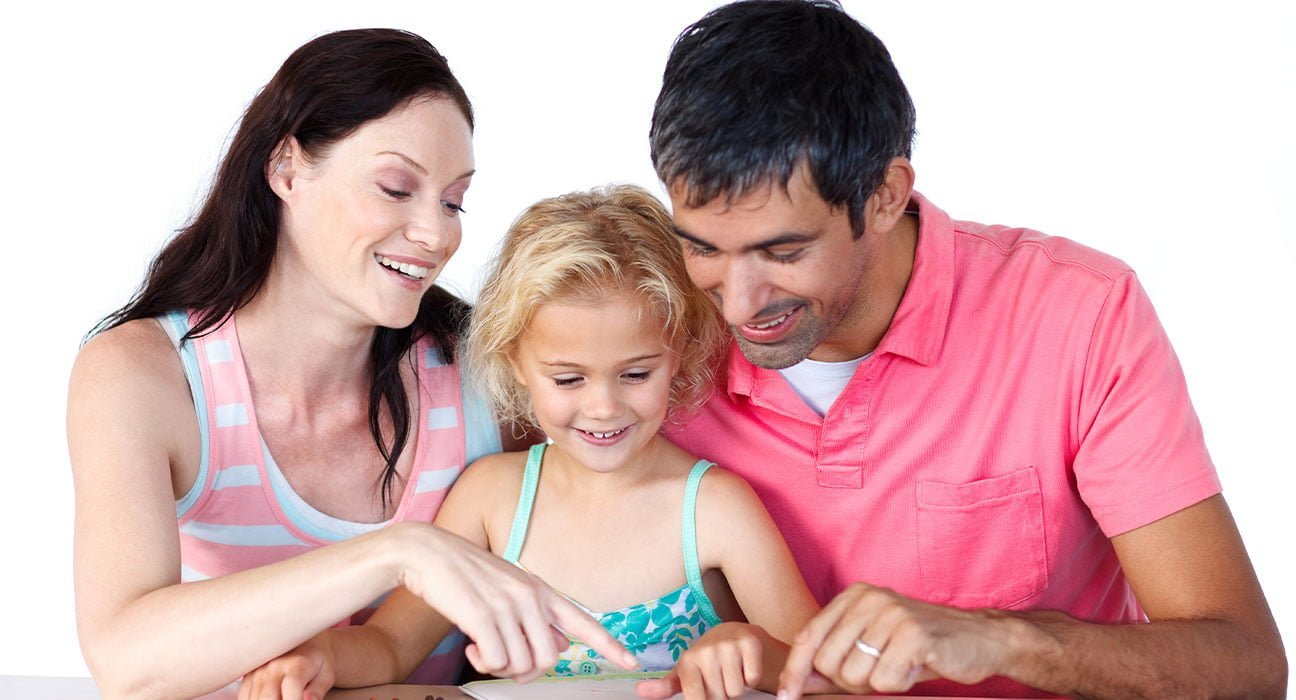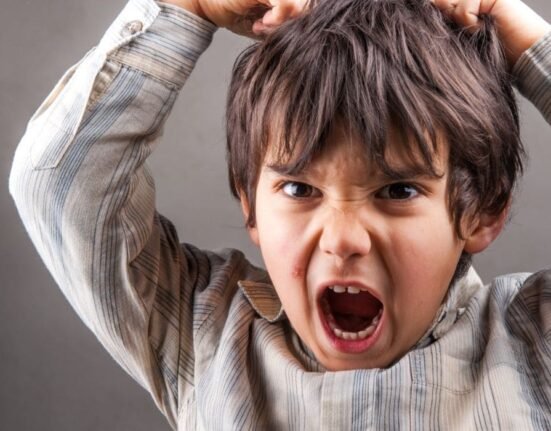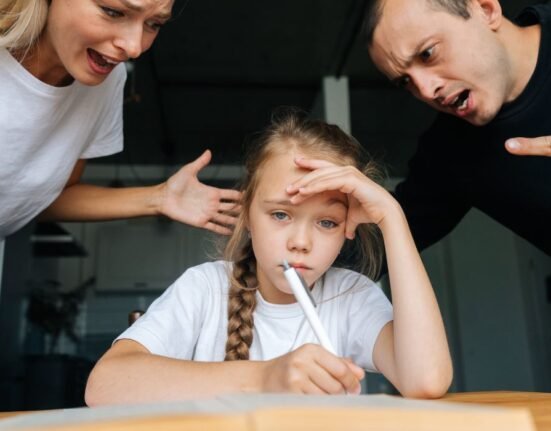The mental health of children was in crisis as days passed. Nowadays children are facing greater levels of stress, distraction, dissatisfaction, and aggression than ever before. Parents and adults need to talk to their children about mental health issues. Especially about their feelings, thoughts, emotions, stress, and distress, daily. This helps children to open up about their mental health and parents to manage their children’s mental health.
Even if parents want to start a conversation about mental health with their children. They are not aware of how to start, when to start and how to continue the discussion without offending. Not knowing how to talk about mental health, makes it hard to break the stigma about mental health and start to communicate about it. According to the national survey conducted on behalf of On Our Sleeves, says that “parents are unaware of where to start, they claim that even though they start conservation, they are unclear on how to continue the conversation with their children”.
A psychologist at Nationwide Children’s Hospital, says that “Communication is the simplest and most successful way of dealing with mental health. It helps to break the stigma, create awareness, and impact others ” The research says that parents are aware that communicating helps children with mental health. They have also expressed that parents need assistance in initiating and maintaining critical mental health talks.
In a Nationwide poll conducted by Nationwide Children’s Hospital, behavioural health experts found that 59% of parents of children under age 18 require assistance on how to start the conversation about mental health with their children. Only 43% of American families agree that they discuss mental health when their children are growing up. 93% of people agree that communication about mental health is crucial to their children and can really help them in curing it.
“Operation: Conversation” a campaign was launched by On Our Sleeves, to create a space ame urging the parents to sit and talk with their children about mental health. Especially about their emotions, feelings, and thoughts can help the children to talk and help the parents to assist their children with their mental health issues. Operation: dialogue’s main aim is to create a regular and open space, where parents and children can talk about mental health and maintain mental health conversations.
But starting an “operation: Conversation” alone is not enough to talk about mental health. On this note, On Our Sleeves suggested some tips on how to start a conversation about mental health.
1) The first step is the “setting”. Create a setting to talk about mental health. Make it a daily routine to check in and talk with each other about mental health. It will be easier if you talk about it daily.
2) Use open-ended questions. This helps to cover a wide variety of topics, not just behavior and emotions. The main goal is to develop the habit of sharing our thoughts with each other and not hiding all inside.
3) The moment of the situation 8s is also important. We need to keep in mind that when we talk about mental health make sure that we are relaxed and comfortable.
4) Ask permission before talking about mental health. Know when they are comfortable to talk and plan accordingly. If they are not ready to talk, give them some time and only talk when they are ready. Never force them to talk about mental health. Instead, make them feel it’s okay to talk about mental health.
After more than two years of living through a global pandemic that has harmed children’s mental health, these discussions are more vital than ever. On Our Sleeves is here to assist parents in creating an environment in which the children in their lives feel safe approaching them and talking about their daily lives or any problems that may arise.
Operation: Conversation provides free conversation starters, advice sheets, and educational tools to help caregivers and children communicate more effectively. It also teaches caregivers how to respond positively to dialogues so that children don’t shut down, feel worse, or refuse to talk in the future.













Leave feedback about this